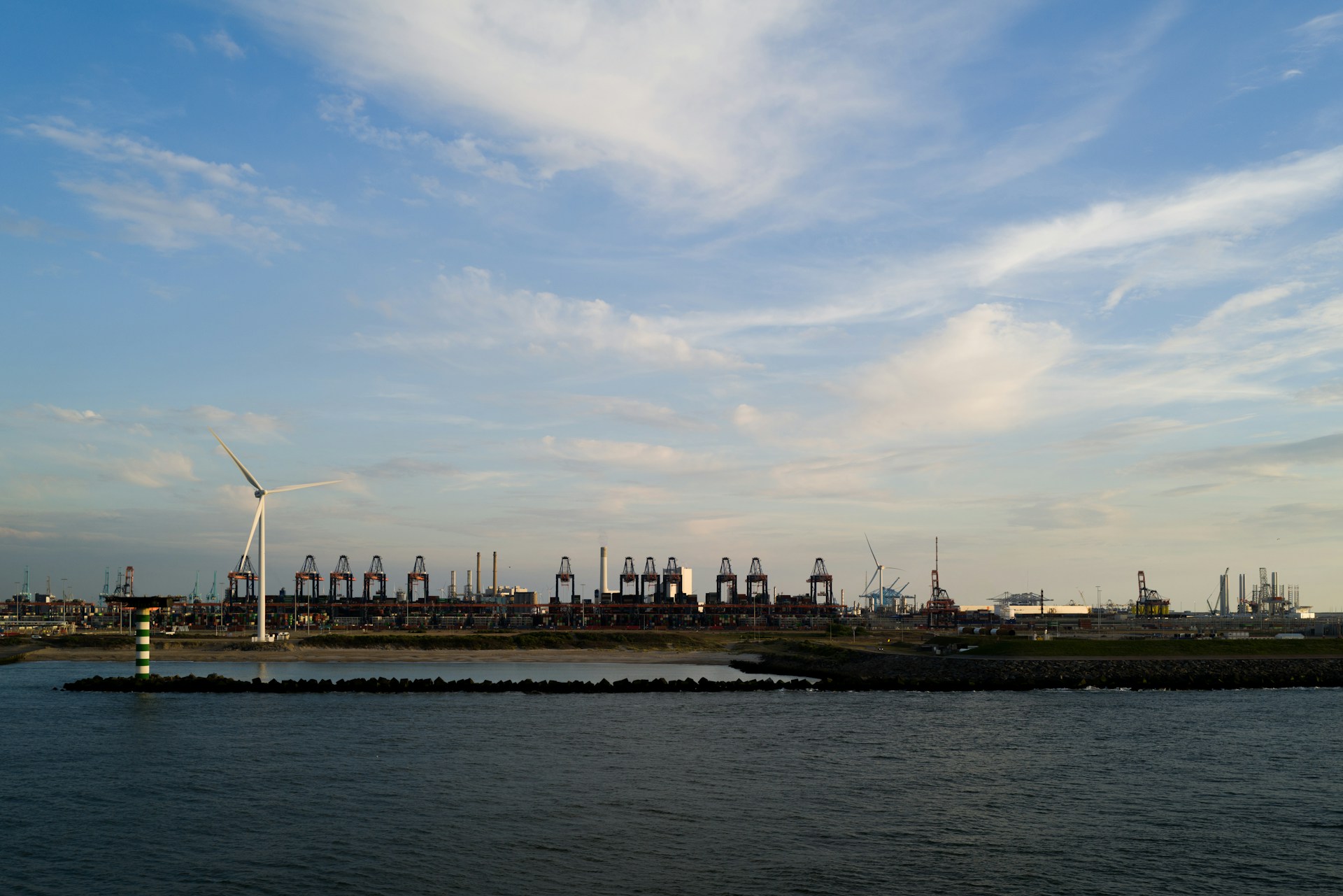Pilot Project Highlights Bio-Methane Use in Green Shipping

The Rotterdam-Singapore Green and Digital Shipping Corridor (GDSC) partners successfully conducted a pilot project on October 19, demonstrating the use of mass-balanced liquefied bio-methane (LBM) for bunkering at the Port of Rotterdam.
Shell supplied 100 tonnes of LBM, derived from waste-based feedstock, to the LNG-powered container vessel CMA CGM Tivoli. This renewable fuel option provides a lower-emission alternative to conventional marine fuels and marks a key step toward adopting near-zero-emission fuels along one of the world’s busiest trade routes.
To ensure sustainability, Shell issued a Proof of Sustainability certificate verifying the LBM’s compliance with EU regulations. The certificate will undergo auditing by accredited third parties under the International Sustainability and Carbon Certification-European Union (ISCC-EU) framework.
The pilot also implemented a mass balance methodology, which tracks the LBM through its supply chain, ensuring adherence to ISCC-EU certification, the Renewable Energy Directive II, and FuelEU Maritime standards.
This approach supports CMA CGM in validating the LBM under the EU Emissions Trading System (ETS) regulations. A similar pilot, with full sustainability certification, is planned for the Port of Singapore.
The GDSC was established in August 2022 by the Port of Rotterdam Authority and the Maritime and Port Authority of Singapore to accelerate maritime decarbonization and digitalization. The initiative fosters collaboration among 28 global partners, including shipping companies, fuel providers, port authorities, financial institutions, and research organizations.
The bio-methane working group, led by SEA-LNG, focuses on advancing zero- and near-zero-emission fuels, while other groups are exploring alternatives like methanol, ammonia, and hydrogen. Together, these efforts underscore the GDSC’s mission to promote sustainable fuel solutions and support the global shipping industry’s transition to greener operations.